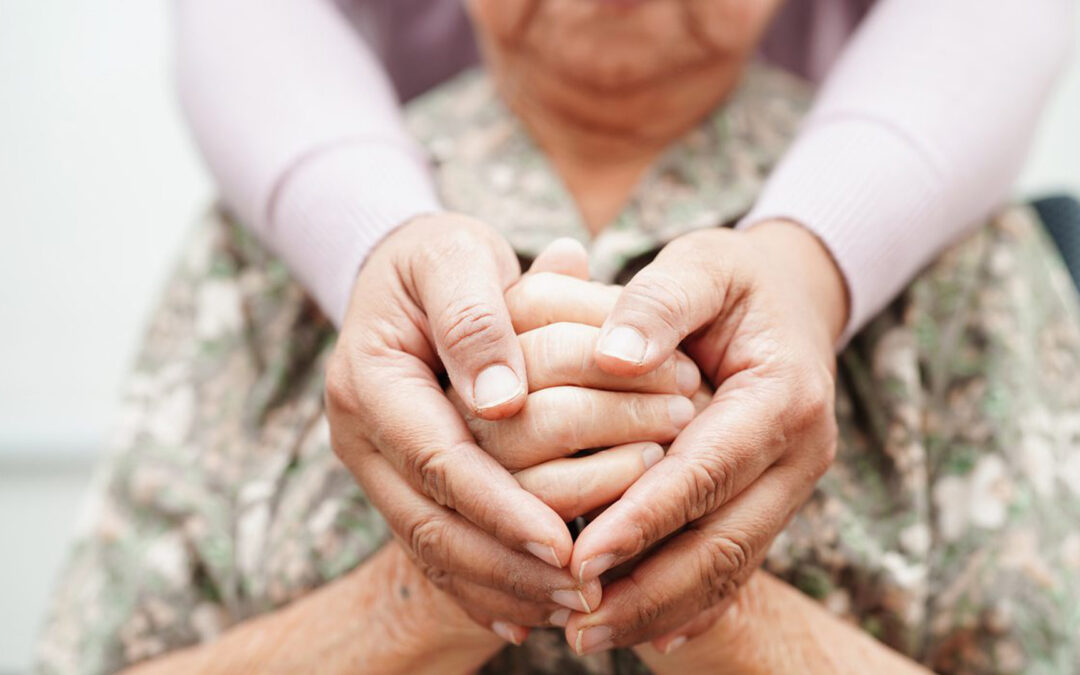When someone you love is nearing the end of life, every moment and every interaction matters. Hospice care is more than medical support, it’s about honoring the person behind the diagnosis. That includes understanding their cultural background, beliefs, traditions, and values. At Big Bend Hospice, we believe culturally competent care is essential to providing true comfort and dignity in a patient’s final chapter.
What Is Culturally Competent Care?
Culturally competent care means delivering services that respect and respond to the diverse values, beliefs, and needs of patients and their families. It’s not just about language or religion, it’s about listening deeply and recognizing what matters most to each individual. Whether it’s dietary preferences, family involvement in decision-making, prayer rituals, or end-of-life traditions, culturally competent care ensures that each person’s identity and heritage are honored.
Why It Matters in Hospice
End-of-life care is one of the most intimate experiences a family can share. Cultural beliefs often shape how people view death, express grief, and define a “good death.” By being sensitive to these differences, hospice teams can provide care that is both medically appropriate and emotionally supportive.
For example:
- Some families value open discussion about a terminal diagnosis, while others may prefer to protect their loved one from distressing information.
- Certain faiths emphasize prayer, anointing, or specific rituals before or after death.
- Language barriers can make it hard to express needs or fears, interpreters and translated materials can make a world of difference.
When hospice teams meet families where they are—culturally, emotionally, and spiritually, it helps build trust, reduces fear, and strengthens the bond of care.
How Big Bend Hospice Puts It into Practice
As a National Institute for Jewish Hospice (NIJH) Accredited organization, Big Bend Hospice takes great pride in serving patients and families from all faiths, cultures, and walks of life. Our team receives training on cultural awareness and sensitivity, helping them:
- Recognize and respect diverse traditions, rituals, and values.
- Communicate effectively across language and cultural differences.
- Collaborate with faith leaders, interpreters, and community partners.
- Create individualized care plans that reflect both medical and cultural priorities.
We know that honoring a person’s cultural identity is part of honoring their life.
A Shared Responsibility
Cultural competency is not a one-time training, it’s an ongoing commitment to learning, listening, and growing. It reminds us that compassion is not one-size-fits-all. It’s tailored, intentional, and deeply human.
At Big Bend Hospice, we celebrate the beautiful diversity of our community. Every patient and family we serve helps us see the world through a new lens, and that makes us better caregivers, neighbors, and humans.


